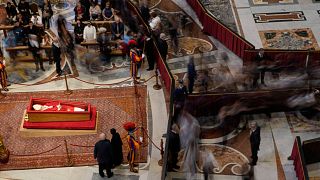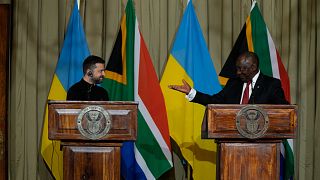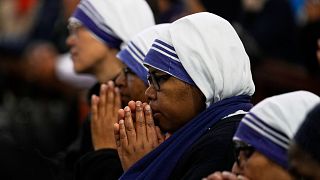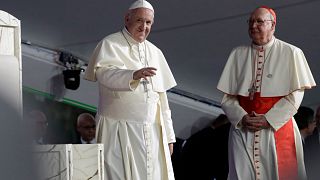South Africa
South Africa’s main opposition party, the Democratic Alliance (DA) on Monday said it had asked the country’s Constitutional Court to compel president Jacob Zuma to set up a Commission of Inquiry to look into allegations of influence-peddling in his government.
The DA’s application comes days after Zuma asked a High Court to set aside the State of Capture report by former Public Protector, Thuli Madonsela which called for further investigations into whether Zuma and some cabinet members had acted improperly.
“The DA has filed papers in the Constitutional Court to seek a declaratory order that president Jacob Zuma has violated his constitutional obligations in not giving effect to the remedial action set out in the Public Protector’s State Capture report by establishing a Commission of Inquiry by December 2 2016,” the party said in a statement.
Zuma in his affidavit to the court, challenged the recommendation that a commission of inquiry be established saying it “violates the rule of law that is inconsistent with the Constitution and breaches the separation of powers principle”.
The opposition DA in its statement however explained that their application “seeks the Constitutional Court to compel president Zuma to give effect to this remedial action and appoint the commission within ten days of the order of the court”.
The commission in line with the State of Capture recommendation is to be appointed by the president within 30 days of the publication of the report and “headed by a judge solely selected by the Chief Justice”.
The judge the report further recommended “be given the power to appoint his/her own staff and to investigate all the issues using the record of this investigation and the report as a starting point”.
Zuma who has described the report as “unfair” wants it sent back to the anti-graft unit, now headed by Busisiwe Mkhwebane for further investigations as he says Madonsela had no right to call for a judicial inquiry.
Some analysts say the State of Capture report has left Zuma “more open and vulnerable” as he battles for his political life.
Since taking office in 2009, Jacob Zuma has faced a series of allegations of corruption which he has denied.











Go to video
South Africa's tax row heads to court as implementation date nears
Go to video
South Africa appoints Mcebisi Jonas as special US envoy in bid to ease tensions
Go to video
Mauritius: Ex-finance minister released on bail after corruption charges
Go to video
South Africa: inquest into death of Nobel Peace Prize laureate Chief Albert Luthuli re-opened
Go to video
10.3 Million tons of food wasted in South Africa as chefs push for sustainability
Go to video
South Africans protest gender violence after child rape allegation